About Publications Library Archives
heritagepost.org

Preserving Revolutionary & Civil War History

Preserving Revolutionary & Civil War History

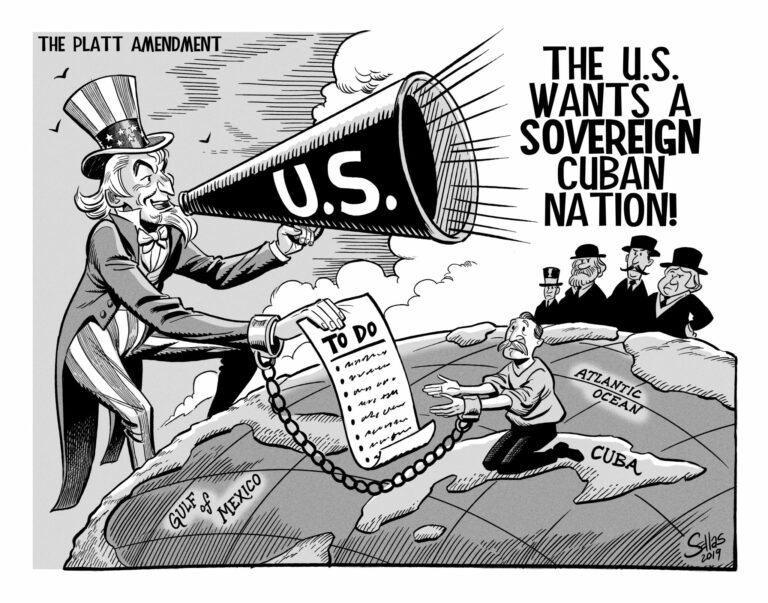
Author: Elihu Root Date:1901 Annotation: In 1901, after the United States had occupied Cuba for five years, Secretary of War Elihu Root drafted a set of articles (later known as the Platt Amendment) outlining the rules that governed future U.S.-Cuban…
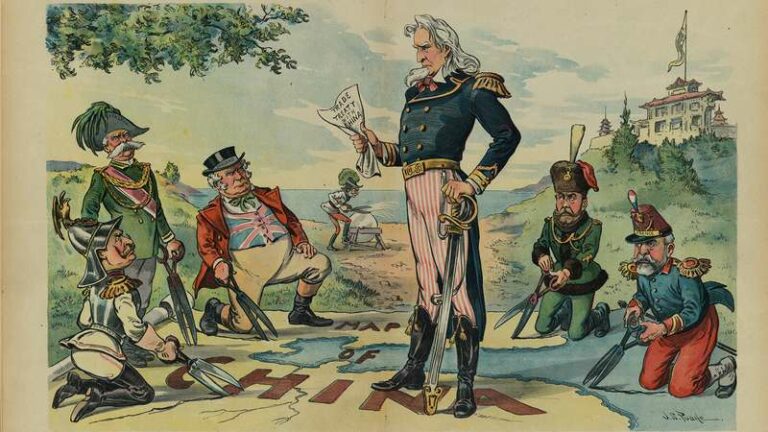
Author: John Hay Date:1899 Annotation: First Open Door Note. In 1899, Secretary of State John Hay issued a statement addressing the U.S. policy toward China. The U.S. sent notes to Britain, Germany, France, Italy, Japan, and Russia to explain the…
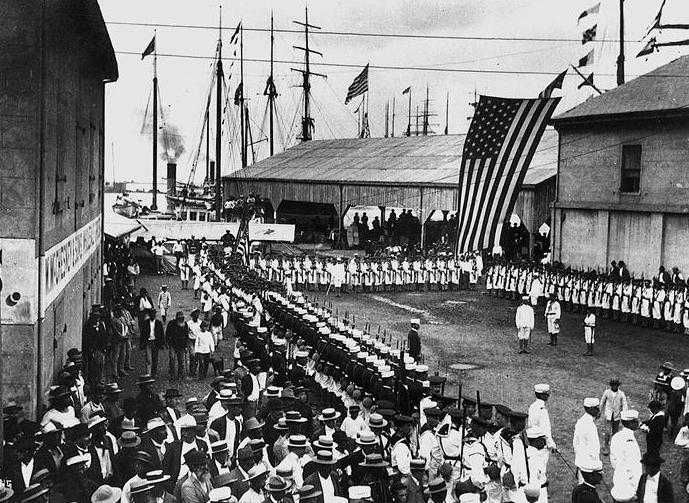
Author: Eugene Tyler Chamberlain Date:1893 Annotation: Hawaiian annexation. After a century of American rule, many native Hawaiians remain bitter about how the United States acquired the islands, located 2,500 miles from the West Coast. In 1893, a small group of…
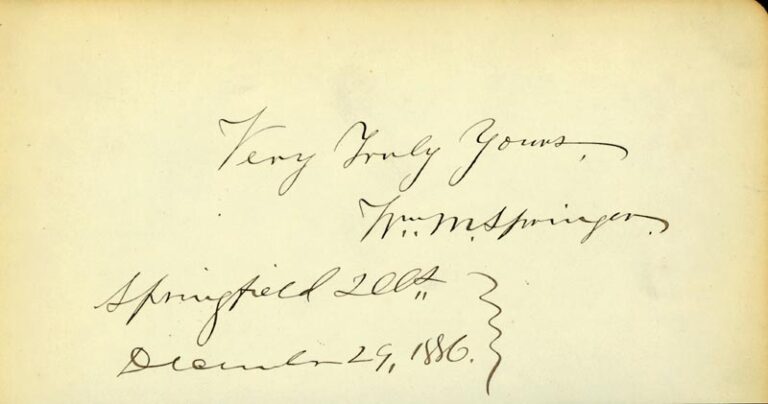
Author: William M. Springer Date:1893 Annotation: Hawaiian annexation, 1893 Document: In the complications which have arisen recently in the Hawaiian Islands a few residents, prompted by their personal interests, nearly all of whom are of foreign birth and many of…
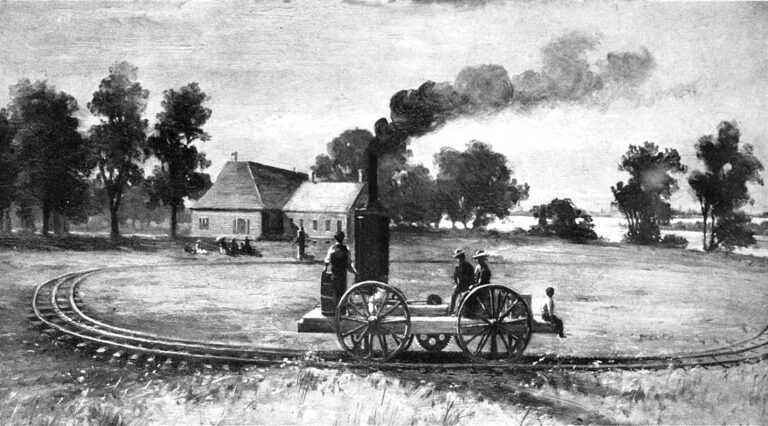
Author: John Stevens Date:1893 Annotation: An article that appeared in The North American Review concerning the annexation of Hawaii. John Stevens, the author, was United States Minister to Hawaii. The U.S. annexation of the Hawaiian Islands in 1898 extended U.S. territory in…
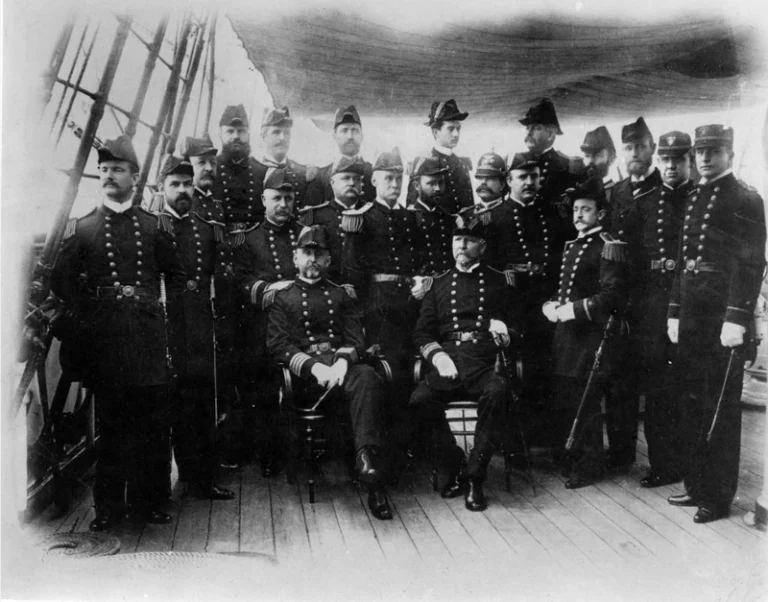
Author: Alfred T. Mahan Date:1890 Annotation: Alfred Thayer Mahan was influential in helping to build-up naval defenses before World War I. He emphasized the importance of sea power and was inspirational in establishing navies around the world. Several ships, including…
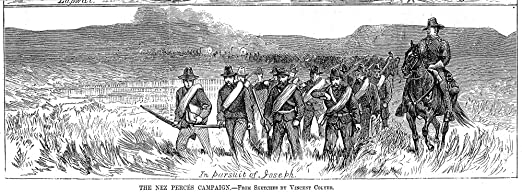
Date:1936 Annotation: Account of the pursuit and capture of Chief Joseph and the Nez Perce in 1877. The last great war between the U.S. government and an Indian nation ended at 4 p.m., October 5, 1877, in the Bear Paw Mountains…
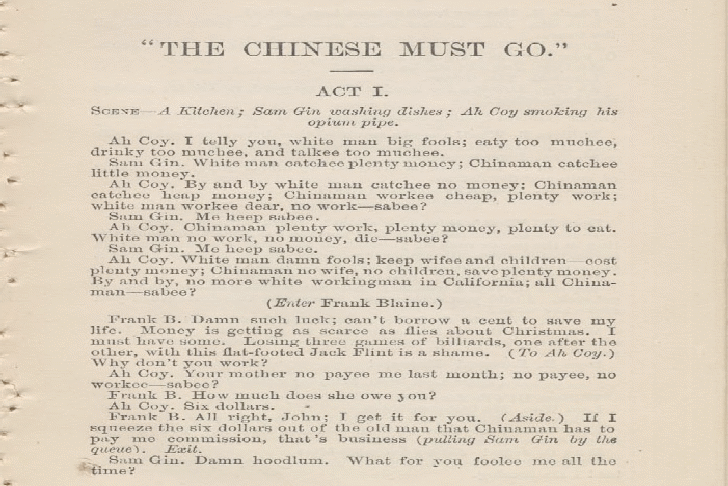
Date:1898 Annotation: Article on Chinese exclusion in the North American Review. From 1882 until 1943, most Chinese immigrants were barred from entering the United States. The Chinese Exclusion Act was the nation’s first law to ban immigration by race or nationality.…
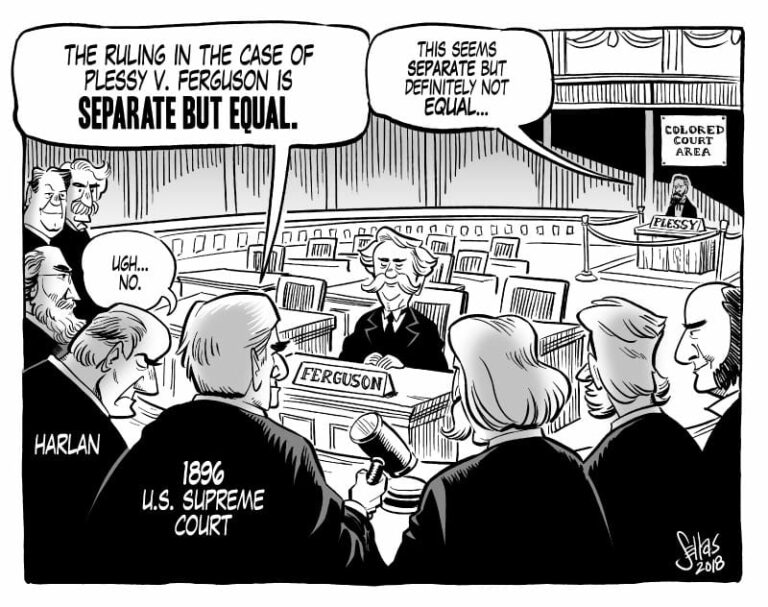
Date:1896 Annotation: In 1890, Louisiana passed a law prohibiting people of different races from traveling together on trains. This law was one of many forms of segregation, formal and informal, that came to be known as Jim Crow (named after a…

Date:1896 Annotation: Platform of the Populist Party in 1896. In the late 19th century, the Populist Party increased in popularity among western farmers, largely because they were in opposition to the gold standard. They had not faired well financially under industrialization,…
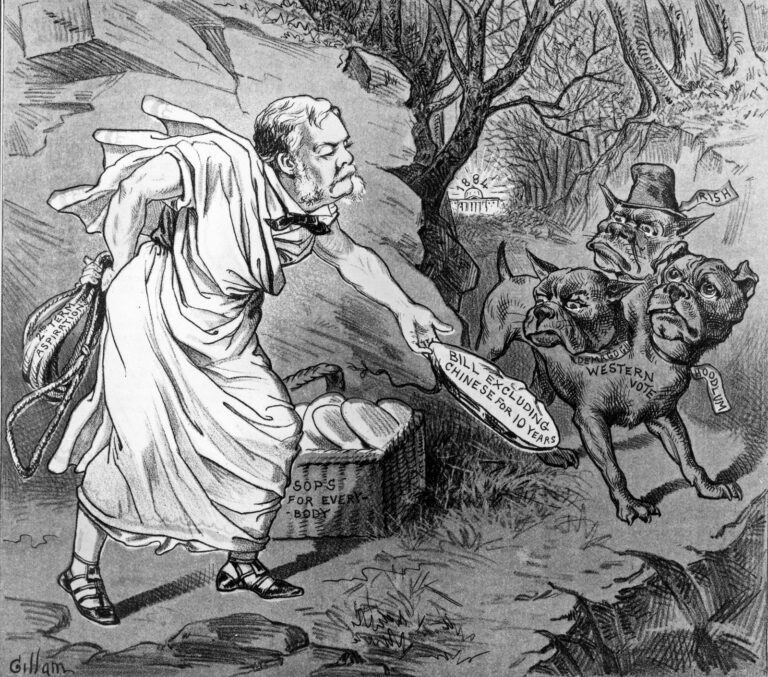
Date:1893 Annotation: Article on Chinese exclusion in the North American Review. The United States imposed the Chinese Exclusion Act in 1882. It barred the entry of Chinese laborers and established stringent conditions under which Chinese merchants and their families could enter.…

Date:1892 Annotation: Article on Chinese Exclusion Bill in the American Missionary. Document: The Chinese Exclusion Bill, 1892 Undoubtedly this nation must throw some limitations on immigration to its shores. We cannot safely make this land the dumping-ground for the pauper and criminal…